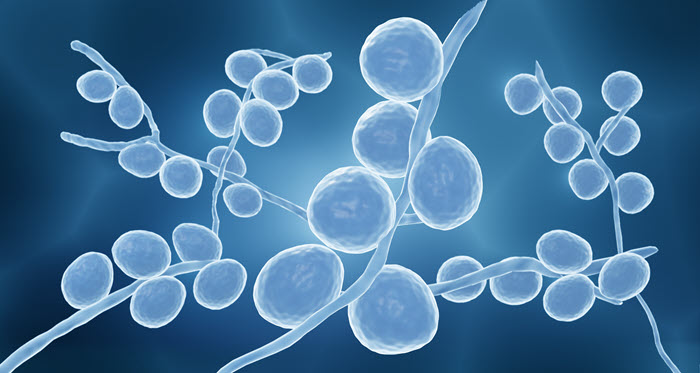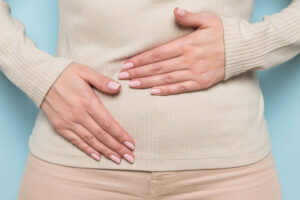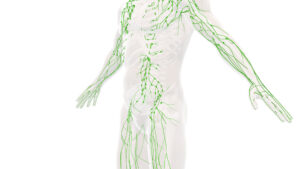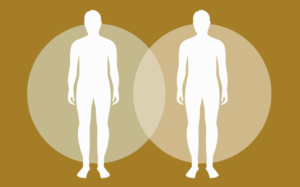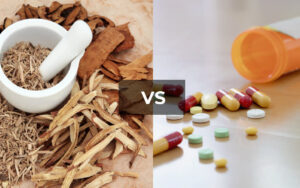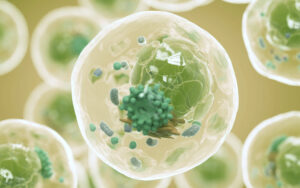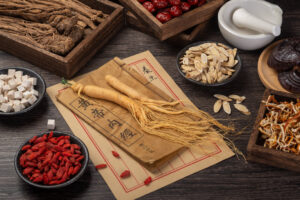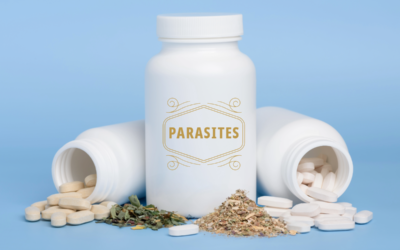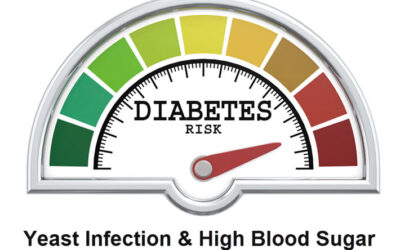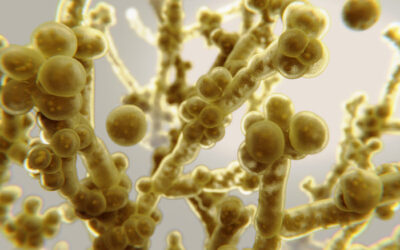What is yeast?
Yeast is a type of fungus, an organism that is neither plant nor animal. It can be found on your skin and inside your body. It typically enters the body through the mouth when you eat food. You can also breathe in fungi spores (cells). Yeast overgrowth (an imbalance of healthy bacteria and yeast) can cause health issues such as urinary tract infections, tiredness, fatigue, digestive problems and joint pain. Diet can alleviate some yeast problems, but a yeast detox is usually the best way to get rid of a yeast infection.
How yeast gets in your intestines
Your intestines are a tube-like organ that helps digest food that comes from the stomach. It is shielded by a mucus barrier (gut barrier) that regulates nutrient absorption and protects the intestines from harmful substances. This barrier can be destroyed by the pesticides in the food you eat and eating large amounts of sugar for a long time. When the barrier has been damaged, yeast can enter your intestines.
An overgrowth of intestinal yeast can cause food allergies, pain, indigestion and bloating. If you were able to see your intestines, they would look red. You might even see swollen lymph nodes and bleeding. The bleeding can become extreme and may even be seen in your bowel movements. Doctors call this condition diverticulitis, ulcerative colitis or irritable bowel syndrome.
Yeast in the lungs
When yeast is in the lungs, it causes irritation of the airways. Doctors call this irritation “asthma.” Your airways become inflamed and constrict in response to the irritation. The constriction is caused by inflammation, your body’s defense mechanism when it recognizes an irritant. A yeast infection in the lung can happen to both children and adults.
Not all yeast that enters the lungs becomes an infection. Similar to the intestines, the lungs also have a mucus protective barrier. When you get sick, this barrier is damaged, which causes a runny nose and coughing up mucus. When the mucus leaves the body, so does the yeast.
Yeast overgrowth, your immune system and Cancer
Another way yeast overgrowth in your airways or digestive system can occur is when you have a weak immune system (immunocompromised).
Most people with cancer have a weakened immune system. This condition can be caused by the cancer, as well as the cancer treatment (chemotherapy, radiation, surgery, stem cell treatment, bone marrow transplants and steroids).
I’ve had several clients tell me that after their chemotherapy, they were told to go home and eat whatever they wanted because they were losing weight. This increases the chances of yeast overgrowth.
Antibiotics and yeast
There are 3,000 different types of yeast. They each have a favorite organ that they like to inhabit when they enter the body. If it ends up in your lungs, it can cause asthma. If it lands in the kidneys, it can cause bloating and nausea. If it spreads to the liver, it will cause acid reflux and fatty liver. Yeast can also travel to the breast and other organs and cause cancer. Yeast problems will lead to circulation issues as well.
The immune system’s job is to find and eliminate these types of harmful substances. However, yeast can evade detection by secreting toxins that prevent the immune system from activating.
Sometimes antibiotics are prescribed to treat yeast infections. Antibiotics are made from bacteria and fungi. Their job is to destroy harmful bacteria.
When you take antibiotics for a yeast problem, it will cause even more problems with your immune system to function properly.
Western medicine and yeast overgrowth
Antibiotics, other types of pills and shots are a typical treatment protocol for Western medicine. A lung doctor will prescribe inhalers or prednisone pills because that’s American Medical Association approved treatment protocol. Intestinal doctors will prescribe antibiotics and/or prednisone pills for the same reason.
Like antibiotics, these pills and shots interrupt your body’s reaction to the infection. When they wear off, not only does the problem come back, it is usually worse. If you go back to the doctor, you will usually get a double dose of whatever it was you were given the first time.
The doctor is trying to shut down your body’s reaction to inflammation. When the pills and shots stop working, the next treatment is surgery – removal of the affected body part.
Chronic yeast infection
When you have a yeast infection and the problem isn’t fixed at the root cause, your intestines will rot. Your immune system is also weakened because you can’t absorb foods. The foods that are supposed to be good for you hurt when you eat them. So, you eat foods that don’t hurt you. The foods that don’t hurt you are most likely processed foods because they don’t activate your immune system – they don’t cause pain. But they don’t heal your body either.
Getting rid of yeast
In addition to eating too much sugar and refined carbohydrates, taking antibiotics or having a weak immune system. You can also end up with yeast problems by taking antibiotics, drinking too much alcohol or taking oral contraceptives. Too much stress and diabetes can also lead to chronic yeast infections.
When a body is generally functioning well, sometimes all it takes is a change in diet and a few basic supplements to get rid of the infection.
If the infection has been there for a while, or spread throughout the body, you may need a more comprehensive yeast detox.
A natural and effective method of getting rid of a yeast infection involves the use of Chinese medicinal herbs that can activate the immune system to detect and get rid of the yeast. It’s a special type of yeast detox that also addresses the lymph system. This is because the lymphatic system’s job is to absorb toxins like yeast and transport them to the kidney and liver for removal.
When toxins start accumulating in the body, it can cause lymph system blockages. When someone has a blocked lymph system, they can often feel swollen bumps along their throat or armpits. The swelling means the lymph nodes are filled with toxins and the yeast is unable to move out of the body.
That’s why dietary changes and off-the-shelf herbal remedies are not going to solve this kind of health condition. It needs to be addressed fully and completely with a tailor-made detoxification program that repairs and restores the body processes that are needed to remove the yeast.
If you have an unresolving yeast infection and would like to know more about how this detox works, call Dr. Kwang today at (213) 999 -5577 or click here to schedule a free consultation.
